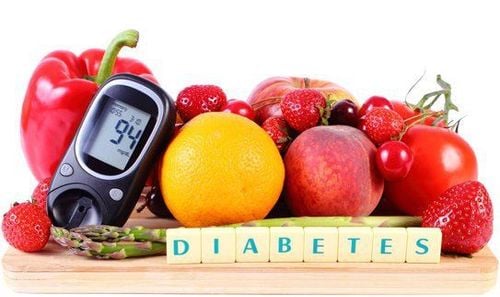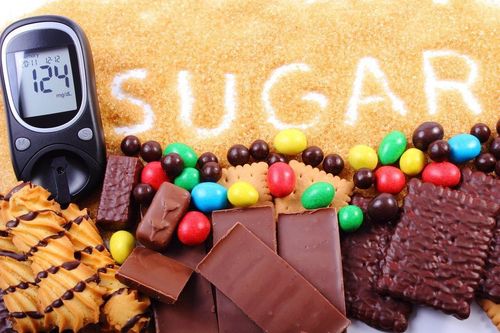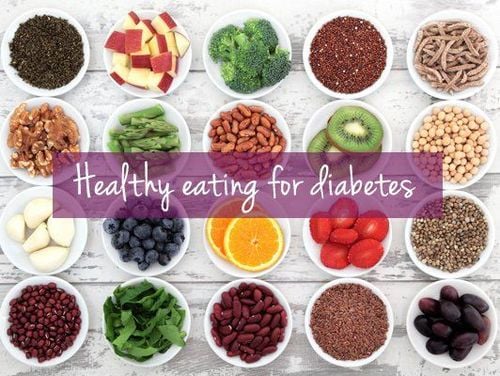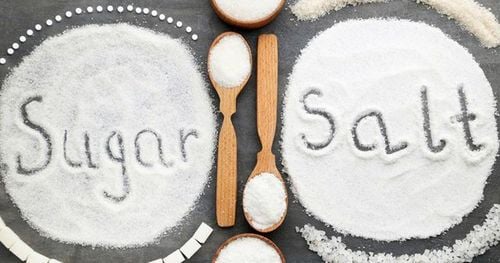There are many misconceptions about brown sugar and white sugar. While both are produced from the same source, brown sugar is often considered a more natural, healthier alternative to white sugar. Understanding the differences and the impact of these two types of sugar on health is particularly important for people with diabetes.
1. Nutritional value
Both brown and white sugar are produced from sugar beets or sugar cane, and these two types have almost identical nutrient profiles.
Brown sugar is typically made by adding molasses to refined white sugar, giving it a darker color and providing small amounts of vitamins and minerals. For the same serving size, brown sugar usually has slightly fewer calories and carbs than white sugar. Brown sugar also contains more calcium, iron, and potassium than white sugar, though the amounts are negligible.
Therefore, this small difference has no significant benefits or impact on the user's health.
2. Increasing blood sugar

Brown sugar and white sugar are primarily composed of sucrose or granulated sugar. On the glycemic index (GI), which measures how certain foods affect blood sugar levels on a scale from 0 to 100, sucrose has a score of 65. This means that both brown and white sugar raise blood sugar levels significantly, similar to fast foods like French fries, fried sweet potatoes, and popcorn.
Maintaining healthy blood sugar levels is crucial for people with diabetes. Therefore, controlling the glycemic index (GI) and the amount of food consumed is the optimal approach for stable health.
3. Is brown sugar more beneficial than white sugar?
For people with diabetes, using brown sugar does not have a healthier effect than white sugar.
Users should be aware that any added sugar should be limited as part of a healthy, balanced diet. Excessive sugar intake is strongly associated with the risk of heart disease, type 2 diabetes, obesity, and fatty liver disease.
Some studies show that excess sugar also weakens insulin sensitivity, which refers to the body's response to insulin, a hormone that regulates blood sugar levels. Impaired insulin sensitivity reduces the ability to transport sugar from the blood into cells effectively. Therefore, people with diabetes should pay particular attention to their sugar intake.
The American Heart Association recommends limiting added sugar to less than 6 teaspoons (25 grams or 100 calories) per day for women and less than 9 teaspoons (37.5 grams or 150 calories) per day for men.
To arrange an appointment, please call HOTLINE or make your reservation directly HERE. You may also download the MyVinmec app to schedule appointments faster and manage your reservations more conveniently.
Reference article: Healthline.com














